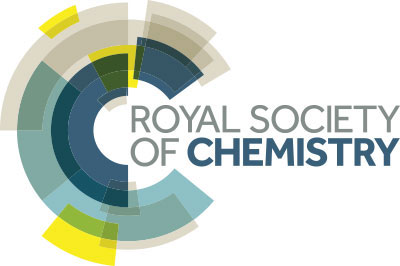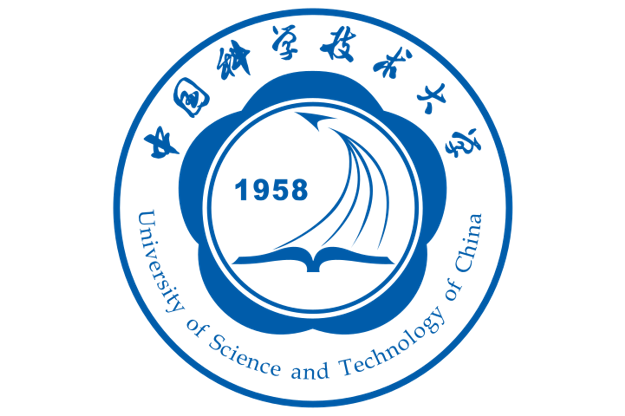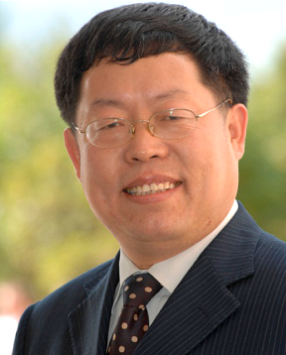 Can Li (李灿), Dalian Institute of Chemical Physics, CAS, China
Can Li (李灿), Dalian Institute of Chemical Physics, CAS, China
Professor Can Li received his Ph.D. degree in Physical Chemistry from Dalian Institute of Chemical Physics, Chinese Academy of Sciences, as a cooperation program with Tokyo Institute of Technology, Japan, in 1989, and he joined the same institute and was promoted to full professor in 1993. He did postdoctoral research at Northwestern University USA and was visiting professor at Lehigh University, the University of Liverpool, and The Queensland University, and he was awarded the JSPS Professor at Waseda University, Tokyo University of Technology, and Hokkaido University. He was an invited professor at Université Pierre et Marie Curie, Paris VI., and the honorary professor of Queensland University, Australia and Baptist University, Hong Kong.
He was elected as a member of the Chinese Academy of Sciences in 2003, a member of the Academy of Science for Developing Countries (TWAS) in 2005, a foreign member of Academia European in 2008, and a Fellow of the Royal Society of Chemistry in 2008. He was the President of the International Association of Catalysis Societies (2008-2012) and the president of the Asia-Pacific Association of Catalysis Societies (2013-2017). Currently, he is the chairman of Catalysis Society of China and the director of the Dalian National Laboratory for Clean Energy (DNL). Among the prestigious awards and honors recognizing his research include International Catalysis Award, the National Natural Science Prize, National Catalysis Award, the Ho Leung Ho Lee Prize (Hong Kong), National Petrochemical Prize, National Outstanding Scientist Award and the Japanese Photochemistry Association Elsevier Lectureship Award, etc.
His research interests span spectroscopic characterization of catalysts and catalytic reactions, environmental catalysis, heterogeneous chiral catalysis. Over last 18 years, his research has focused on photocatalytic and photoelectrocatalytic water splitting and CO₂ reduction utilizing solar energy. He is the Editor-in-Chief of Chinese Journal of Catalysis, and an associate editor of Chemical Communication, and serves as editorial members of a dozen international journals. He has more than 700 peer-reviewed papers with over 20000 citations, ~80 granted patents and over 100 plenary and keynote lectures at international conferences.
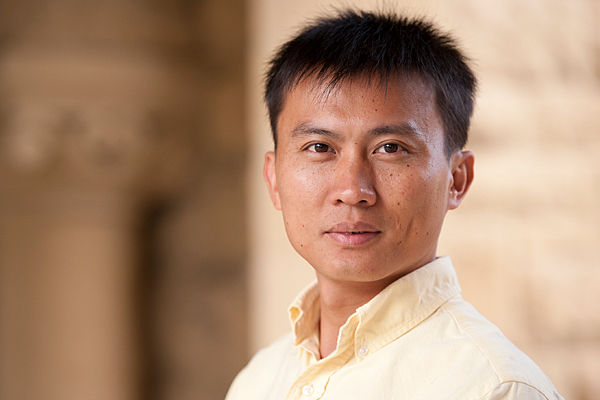 Yi Cui (崔屹), Stanford University, United States
Yi Cui (崔屹), Stanford University, United States
Yi Cui is a Professor in the Department of Materials Science and Engineering at Stanford University. He received B.S. in Chemistry in 1998 at the University of Science and Technology of China, Ph.D in 2002 at Harvard University, and was Miller Postdoctoral Fellow (2003-2005) at University of California, Berkeley. He has founded three companies to commercialize technologies from his group: Amprius Inc., 4C Air Inc. and EEnovate Technology Inc. He is a fellow of Materials Research Society, Electrochemical Society and Royal Society of Chemistry. He is an Associate Editor of Nano Letters. He is a Co-Director of the Bay Area Photovoltaics Consortium and a Co-Director of Battery 500 Consortium. He is a highly proliferate materials scientist and has published ~400 research papers. In 2014, he was ranked NO.1 in Materials Science by Thomson Reuters as “The World’s Most Influential Scientific Minds”. His selected awards include: Blavatnik National Laureate (2017), the Sloan Research Fellowship (2010), KAUST Investigator Award (2008), ONR Young Investigator Award (2008), Technology Review World Top Young Innovator Award (2004).
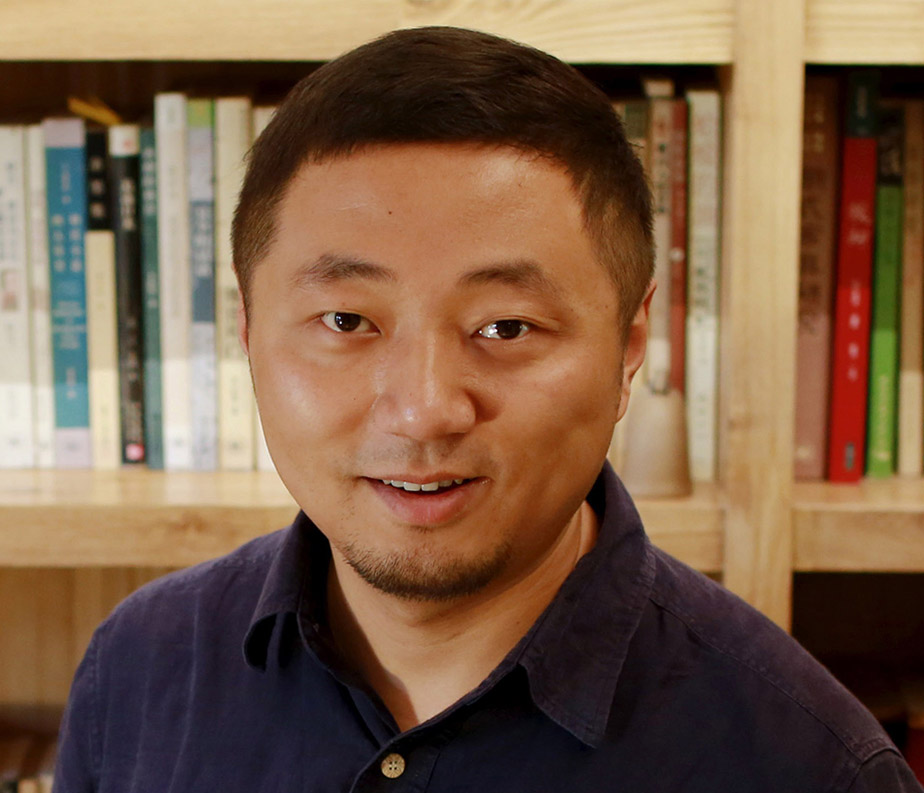 Ding Ma (马丁), Peking University, China
Ding Ma (马丁), Peking University, China
Ding Ma read chemistry in Sichuan University (1996), and obtained his Ph.D from the State Key Laboratory of Catalysis, Dalian Institute of Chemical Physics (2001). After his postdoctoral stay in Oxford University and University of Bristol, he started his research career in Dalian Institute of Chemistry as associate professor (2005). He was promoted as a full professor in 2007 and moved to Peking University in 2009. His research interests are heterogeneous catalysis, especially those related with energy issues, including C1 chemistry (methane, carbon dioxide and syngas conversion), hydrogen production/transportation, new reaction route for sustainable chemistry and the development of in-situ spectroscopic method that can be operated at working reaction condition to study reaction mechanism. He is currently the advisory board member or editorial board member of Chinese Journal of Chemistry, Science Bulletin, Journal of Energy Chemistry, Catalysis Science & Technology, Joule, ACS Catalysis etc.
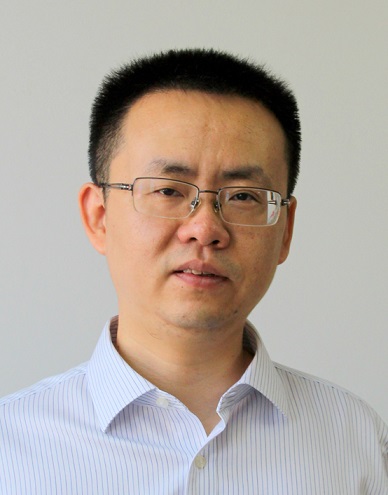 Yujie Xiong (熊宇杰), University of Science and Technology of China, China
Yujie Xiong (熊宇杰), University of Science and Technology of China, China
Yujie Xiong received a B.S. degree in chemical physics in 2000 and a Ph.D. degree in inorganic chemistry, both from the University of Science and Technology of China (SUTC). From 2004 to 2009, he worked as a Postdoctoral Fellow at the University of Washington in Seattle and as a Research Associate at the University of Illinois at Urbana-Champaign, respectively. He was the Principal Scientist of the National Nanotechnology Infrastructure Network (NSF-NNIN) site at Washington University in St. Louis in 2009-2011. He returned to USTC as a Professor of Chemistry in 2011. His research interests include synthesis, fabrication and assembly of inorganic materials for energy and environmental applications. He has been a Fellow of the Royal Society of Chemistry since 2017, and has received a number of prestigious awards, including the Distinguished Lectureship Award by the Chemical Society of Japan (2018), the Biomatik Distinguished Faculty Award by the Chinese-American Chemistry & Chemical Biology Professors Association (2015), the Outstanding Young Scholar Award by the Hong Kong Qiushi Science and Technology Foundation (2014), the Young Cutting-Edge Nanochemistry Researcher Award by the Chinese Chemical Society and the Small journal (2014), and the National Natural Science Award (Second Class) by the Chinese government (2012).
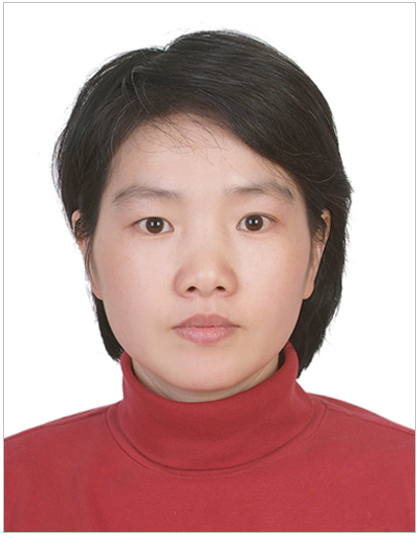 Xiulian Pan (潘秀莲), Dalian Institute of Chemical Physics, CAS, China
Xiulian Pan (潘秀莲), Dalian Institute of Chemical Physics, CAS, China
Xiulian Pan received her PhD from Dalian Institute of Chemical Physics (DICP) in 2001. After two-year postdoctor work at the Fraunhofer Institute for Interfacial Engineering and Biotechnology in Stuttgart (Germany), she joined the Nano and Interfacial Catalysis Group (led by Prof. Xinhe Bao) at the State Key Laboratory of Catalysis of DICP in 2003. She is now leading a group on Carbon-based Nanomaterials for Catalysis at the Dalian National Laboratory for Clean Energy, being dedicated to fundamental studies on confined catalysis within nanostructured porous materials such as carbon nanotubes, zeolites and others in energy conversion processes. Particularly, her recent research interests are focused on syngas chemistry and its selective conversion to value-added chemicals. She received a number of distinguished awards including the Natural Science Fund Award for Distinguished Young Scholars from the National Natural Science Foundation of China in 2014, and the Young Woman Scientist of China Award in 2017.
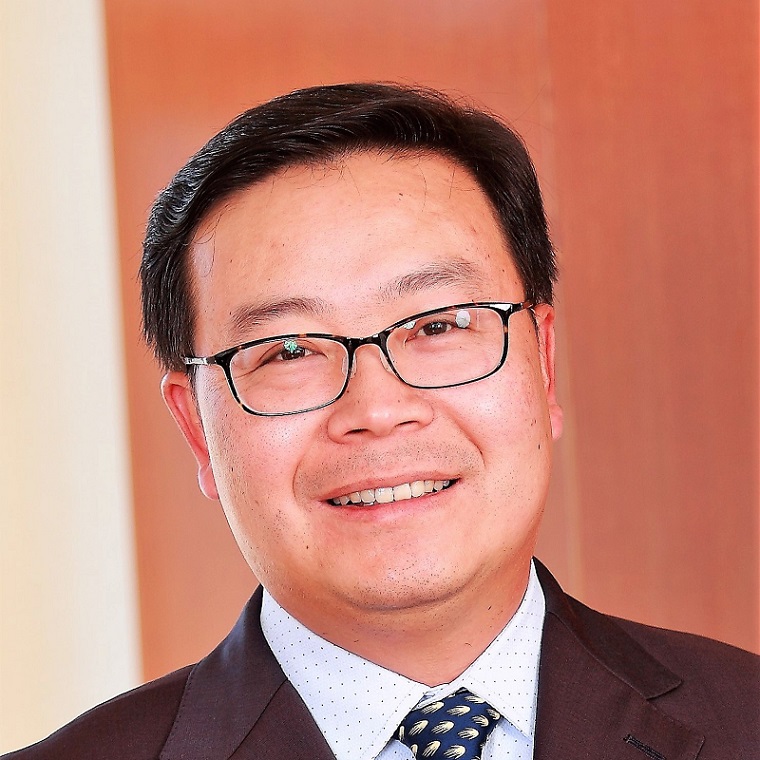 Pingwen Ming (明平文), General Manager, Sunrise Power Co., Ltd, China
Pingwen Ming (明平文), General Manager, Sunrise Power Co., Ltd, China
Pingwen Ming graduated from Harbin Institute of Technology in Chemical Engineering. He was selected as one of the first batch of “Young and middle-aged leading scientists, engineers and innovators” under the national Ten Thousand Talent Program and the expert on fuel cell in expert group of Project “New Energy Vehicles” project (the 13th five-year national key science and technology project). Until July 2018, he served as general manager of Sunrise Power Co., Ltd, China and director of National Engineering Research Center for Fuel Cell and Hydrogen Source Technology. Before that, he worked as director of science and technology department and fuel cell research department, Dalian Institute of Chemical Physics, Chinese Academy of Sciences.
Dr Ming mainly engaged in the transport phenomena in fuel cells and hydrothermal management research, core device development, system integration design and commissioning of proton exchange membrane fuel cell stacks and hydrogen injectors and air humidifier, and process development of products and technologies. He has received a number of awards and published more than 60 papers in international and domestic academic journals. He also declared or participated in the declaration of more than 100 invention patents, with more than 90 authorized inventions, and 2 PCT inventions.










